JKPSC KAS Mains 2022 History Paper 2:
INSTRUCTIONS
Please read each of the following instructions carefully before attempting the paper.
(i) There are eight questions divided in two Sections and printed in English. Candidate has to attempt Five questions in All. Questions No. 1 and 5 are compulsory and out of the remaining, any Three are to be attempted choosing at least One question from each Section. The number of marks carried by a Question/Part is indicated against it. Answers must be written in English in Question-Cum-Answer (QCA) Booklet in the space provided.
(ii) Your answer should be precise and coherent.
(iii) If you encounter any typographical error, please read it as it appears in the text book.
(iv) Candidates are in their own interest advised to go through the general instructions on the back side of the title page of the Answer Script for strict adherence.
(v) No continuation sheets shall be provided to any candidate under any circumstances.
(vi) No blank page be left in between answer to various questions.
SECTION- A
1. Write short notes in not more than 150 words in each of the following. (5 x 10 = 50)
(a) Trace British administration reforms from diarchy to direct control.
(b) Examine the significance of ‘Treaty of Amritsar’ (1809).
(c) What were the implications battle of Buxar?
(d) Recently International Lusophone festival was organised in India, trace the Portuguese history in Indian subcontinent.
(e) What are the major achievements of CSIR in post independent India?
2. (a) How far the post independent agrarian reforms are able to undo the damage caused by British agrarian policies? (20)
(b) “Before one’s own interest, seeing the interest of society and country is the religion of a true citizen with a conscience”- Ishwar Chandra Vidyasagar. Bring out the relevance of his statement in contemporary times. (15)
(c) Analyse the nature of peasant movements during nationalist phase and bring out their short comings. (15)
3. (a) Discuss the nature of Khalifat movement and what role did it play in formation of non-cooperation movement.
(b) A revolutionary and a socialist, the contribution of Bhagat Singh to the Independence Movement of India is immense. Discuss. (15)
(c) Gandhi remarked “post-dated cheque on a crumbling bank”. What was Gandhi addressing and why? (15)
4. (a) Lal Bal Pal was a triumvirate of assertive nationalists in British-ruled India in the early 20th century, from 1906 to 1918. Discuss the relevance of unique ideas articulated by them. (20)
(b) Why did Panipat became centre of so many empire shaking battles? (15)
(c) What were the objectives of Young Bengal movement? How far was it successful in achieving them? (15)
SECTION- B
5. Write short notes in not more than 150 words in each of the following. (5 x 10 = 50)
(a) How did industrialisation affect family and women’s work in nineteenth-century Europe?
(b) Why was Europe divided during the Cold War?
(c) How was trench warfare used in World War I?
(d) Neo-imperialism.
(e) Boston Tea Party.
6. (a) What were the unintended consequences of Treaty of Versailles and Treaty of Serves. (20)
(b) To what extent was Europe’s fragmentation into opposing groupings responsible for the outbreak of the First World War? (15)
(c) How far was Hitler responsible for the rise of Nazism in Germany? (15)
7. (a) To what extent did the various economic and social developments in nineteenth century Britain, impact upon the p[arliamnteay system and political parties? (20)
(b) The period from 1905 to 1917 marked a series of setbacks to the Tsarist regime. To what extent did this influence the course of events leading up to the October Revolution? (15)
(c) Bring out an estimation of the Congress of Vienna. (15)
8. (a) In what ways was the experience of industrialization different for European countries which industrialized after England in the nineteenth century? (20)
(b) Discuss the causes and consequences of the growth of nationalism in the Balkans during the last quarter of the nineteenth century. (15)
(c) Examine the major shifts in British colonial policies from mid-eighteenth century and how they were responsible in the making of the American Revolution. (15)
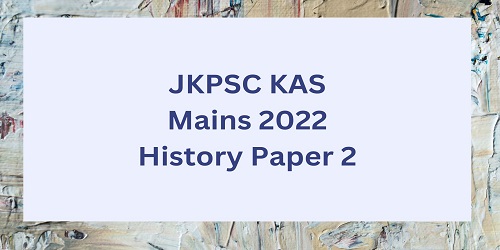

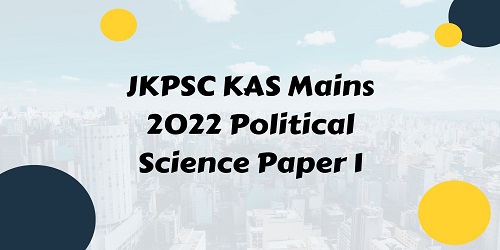
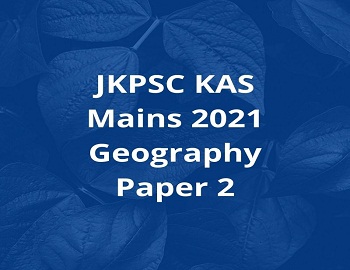
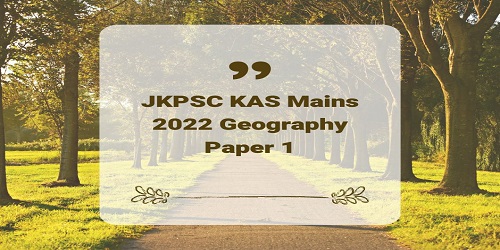

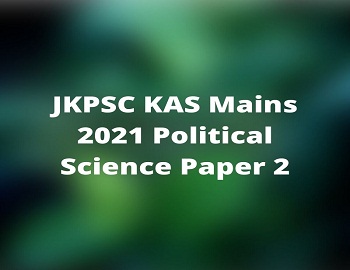
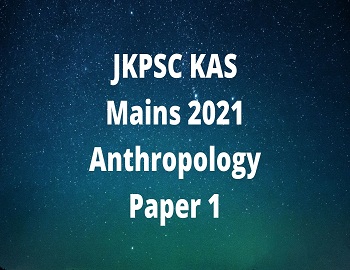

Comments (No)